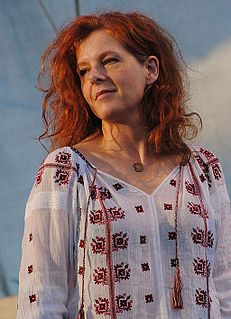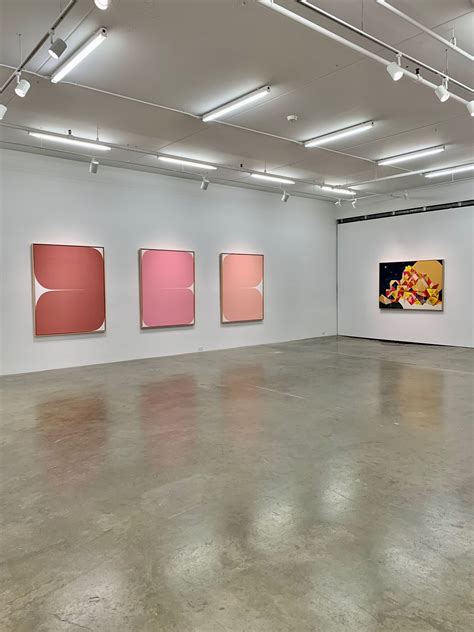A Quote by Barbara Kruger
It entered the visual vocabulary of photographers, painters and sculptors and focused on what pictures and words look like and what they can mean.
Related Quotes
Painters and sculptors under the Nazis often depicted the nude, but they were forbidden to show any bodily imperfections. Their nudes look like pictures in physique magazines: pinups which are both sanctimoniously asexual and (in a technical sense) pornographic, for they have the perfection of a fantasy.
The advice I would give to any photographer - young, old or in-between - is to explore anything visual because this is, after all, how you express your artistry. Look at paintings, movies, drawings, sculptures - look at anything visual and try to integrate that into your visual sense. After that, go out and take pictures and keep on taking pictures!
Unfortunately, young Russian artists are in a difficult position today. Painting, like all other arts, rests on a continuity of experience. More than anything, young painters and sculptors need to know the works of their immediate elders. Such a continuity does not exist here to a sufficient degree in the visual arts.
Usually in theater, the visual repeats the verbal. The visual dwindles into decoration. But I think with my eyes. For me, the visual is not an afterthought, not an illustration of the text. If it says the same thing as the words, why look? The visual must be so compelling that a deaf man would sit though the performance fascinated.
Why do most great pictures look uncontrived? Why do photographers bother with the deception, especially since it so often requires the hardest work of all? The answer is, I think, that the deception is necessary if the goal of art is to be reached: only pictures that look as if they had been easily made can convincingly suggest that beauty is commonplace.
Pictures are the idea in visual or pictorial form; and the idea has to be legible, both in the individual picture and in the collective context - which presupposes, of course, that words are used to convey information about the idea and the context. However, none of this means that pictures function as illustrations of an idea: ultimately, they are the idea. Nor is the verbal formulation of the idea a translation of the visual: it simply bears a certain resemblance to the meaning of the idea. It is an interpretation, literally a reflection.





































